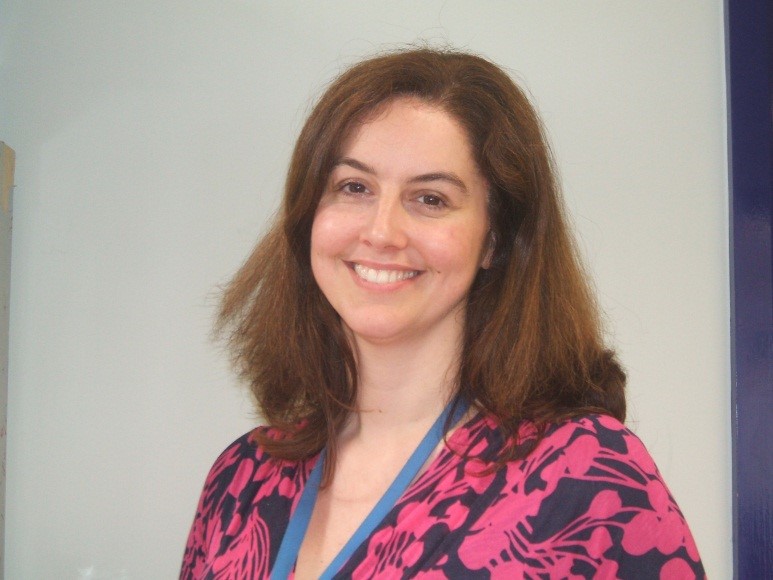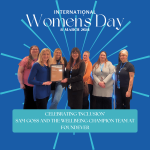Notre Dame is part of a worldwide network of schools founded by the Sisters of Notre Dame. The school has been educating girls: head, heart, hands in Plymouth since 1865. It is a school for all those who want to learn in a supportive, caring and aspirational environment. Notre Dame also welcomes boys into its Sixth Form.
Why did you attend MECC training?
As a HR Manager I have many interactions with people that include discussions surrounding wellbeing. In the last couple of years wellbeing and the relationship that optimal wellbeing has with work has been a key priority for our organisation.
Most of our budget is spent on people, it is therefore it is not only key that our people have the right professional skills and knowledge to be effective in their role to enable them to deliver good outcomes for our students, but that we actively support individuals to maximise their own well-being by helping them to find solutions to any issues that may be having a negative impact on optimal wellbeing. Consequently, we introduced a Staff Wellbeing Programme two years ago, to help individuals find out more about strategies that may help improve general wellbeing.
What did you learn?
Some great coaching skills; how to be an active listener and what questions are likely to open up a conversation to help you understand what motivates an individual. The training highlighted that individuals cannot be coerced to change; they have be self-motivated to make changes and the solutions are usually within them. I have a better understanding of the signs that would indicate it might be appropriate to have a MECC intervention.
Having been tasked to set a personal SMARTER goal in the first session I quickly understood how unrealistic most of us are in setting goals and how smaller, more achievable, goals are far more likely to pave the road to success. My initial goal was to achieve 10,000 steps on every work day, yet despite haivng made what I thought was a SMART plan, within two days I found myself failing. By the second week of the course I worked out that if I set a target ‘to do more steps than the previous day’ I was able to achieve it regularly and I was gradually making progress towards the original goal of 10,000 steps a day. This has helped me enormously when I am supporting someone with goal-setting. A reality check is always important.
Within the sessions we were given the opportunity to learn about using Open Discovery questions and one of the tasks within the session really highlighted how powerful these can be to open up a conversation that helps you understand what matters to individuals and what barriers may stand between them and success.
In HR we are often viewed as the ‘tea and sympathy’ department. This training has supported me to recognise my professional boundaries; it is not my responsibility to counsel individuals; work can have a very positive impact on wellbeing and I can maximise this by facilitating coaching and/or mentoring and accessing other CPD methods to enhance professional skills and knowledge. However, wellbeing/health-related matters should be supported by medical professionals and using MECC strategies I can signpost access to such support for employees.
How are you using it now?
I use it regularly in welcome back meetings following sickness absences to help individuals find solutions to barriers that may be preventing them from attending work regularly. I am also incorporating some of the learning into a programme for line managers by using questioning and listening skills to help line managers build and consolidate trust-based relationships to support individuals in their team.






